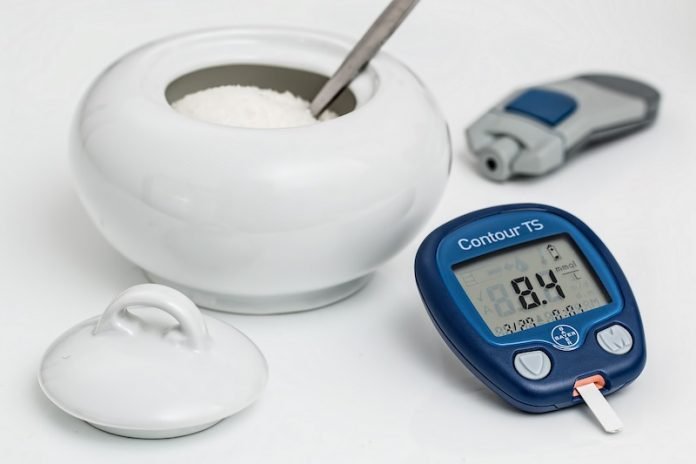
Millions of people around the world experience serious blood sugar problems which can cause diabetes.
In a new study, researchers have discovered how gut bacteria impact the normally feel-good hormone serotonin to negatively influence blood sugar levels.
This study sheds light on the unanswered question about exactly how bacteria in the microbiome communicate to control glucose levels in the metabolism.
The research was conducted by a team from Flinders, SAHMRI, and McMaster University in Canada.
Serotonin, a neurotransmitter in the brain, is nicknamed the ‘happy hormone’ and is normally linked with regulating sleep, well-being and metabolism.
But the gut actually produces 95% of it, and not in the happy form like we know about in the brain.
In the study, the researchers showed exactly how bacteria living in the guts, the gut microbiome, communicate with cells producing serotonin to influence blood sugar levels in the host body.
They found the gut microbiome worsens metabolism by signaling to cells in the gut that produce serotonin.
They drive up serotonin levels, which has been previously shown to be increased in obese humans, and this rise in blood serotonin causes significant metabolic problems.
This study is the first to show how the microbiome, the bacteria that live in the gut, effectively communicate with an organism to impact the host metabolism.
The next step will be to understand exactly which bacteria do this, and how, in the hope that this could lead to new approaches to regulating blood sugar levels in humans.
The study is published in Proceedings of the National Academy of Sciences.
Copyright © 2019 Knowridge Science Report. All rights reserved.



